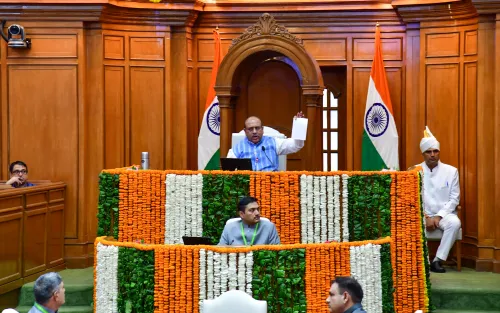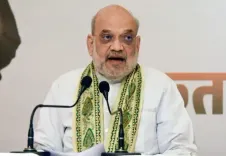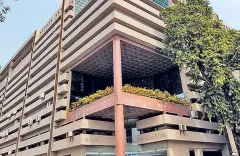Electronics Component Manufacturing Initiative to Enhance Local Production and Employment: Industry Insights

Synopsis
Key Takeaways
- Launch of the Electronics Component Manufacturing Scheme (ECMS).
- Financial outlay of Rs 22,919 crore over six years.
- Aims to create 91,600 direct jobs.
- Incentives to stimulate domestic and foreign investments.
- Focus on reducing import dependency and enhancing global competitiveness.
New Delhi, April 9 (NationPress) The electronics manufacturing landscape in India has received a significant enhancement with the government's announcement of the highly anticipated ‘Electronics Component Manufacturing Scheme' (ECMS), industry leaders remarked on Wednesday.
This initiative signifies a pivotal moment for bolstering India’s component manufacturing framework and amplifying domestic value generation.
With a financial commitment of Rs 22,919 crore spread over six years, the ECMS aims to yield production valued at Rs 4.56 lakh crore, attract investments totaling Rs 59,350 crore, and create approximately 91,600 direct jobs.
Applications for participation in the scheme will commence on May 1 for an initial duration of three months, with the possibility of extension depending on industry engagement.
The Chairman of the India Cellular and Electronics Association (ICEA), Pankaj Mohindroo, stated that this program would not only enhance India’s electronics supply chain but also facilitate the emergence of robust Indian firms capable of competing on the global stage.
“The electronics sector has already established itself, particularly in mobile manufacturing. The ECMS will capitalize on that momentum and help achieve the aspiration of $500 billion in electronics production,” Mohindroo added, emphasizing that India’s current prowess in mobile phone exports highlights the country's capacity to develop a globally competitive ecosystem.
The ECMS encompasses incentives such as turnover-linked support ranging from 4-10 percent, a 25 percent capex incentive, and a hybrid option for specific components.
These incentives are tailored to tackle challenges such as elevated capital demands, prolonged gestation periods, and scale constraints that have hindered progress in previous years.
The President of SEMI IESA, Ashok Chandak, commended the scheme, noting that it addresses persistent challenges in the components and sub-assembly sectors.
“The financial incentives, customized to the distinct requirements of each segment, are expected to catalyze both domestic and foreign investment in the sector, diminish India’s reliance on imports, and integrate the nation’s manufacturing framework into the global value chain,” he remarked.
Chandak further highlighted that the scheme is anticipated to foster sustainable development, generate substantial job prospects, and enhance India’s competitiveness in the global electronics marketplace.









